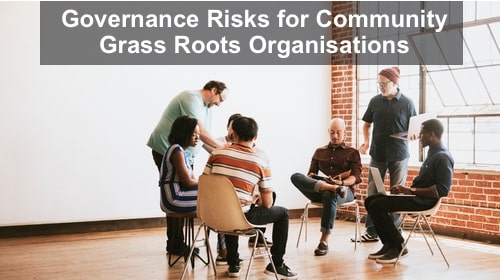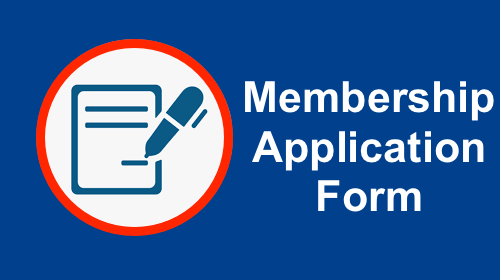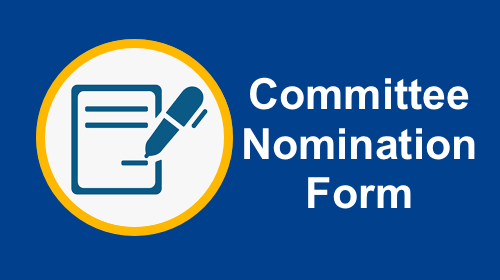Board Assessments and Evaluations:
An Introduction
Good boards aren’t an ancient. To keep them on track, it’s helpful to have regular assessments and evaluations of their performance.
Authored by: iClick2Learn Team
Translate Text
– So good boards definitely are no accident. They certainly require regular monitoring assessing, and you don’t have to, I don’t want you to freak out and go, oh my gosh, there’s a 30 page template on how to assess and evaluate boards. Just start with something, that’s all you need to do, is just start with something. It could be one of the things that they do, is every board meeting, one individual board member speaks to the other board members and gives us some feedback on the board meeting.
And it could be at the board meeting was just really too long or perhaps they let somebody speak too long, and that’s feedback that they actually do give back to the board at the next meeting. So even if it’s a simple question, at the end of every board meeting, what did you think of the board meeting? How could we do it better? It could be as simple as that, or you go to the next stage where we actually do a formal assessment and evaluation process.
A little late at night, yeah? So make sure that all board members take the job seriously. We need to make sure that we assess the board functioning as a whole and as well as individual board members. Yeah, it’s been proven time and time again, there’s a strong, positive link between board effectiveness and the effectiveness of an organisation. And look effectiveness to me is, delivery, what you deliver, the impact. So, better organisations we know, deliver better services, are more likely to attract funding and sponsors have a better brand reputation, et cetera. So focusing on continuous improvement processes like this is really important. So when should you undertake assessments? We certainly recommend periodic reviews, don’t leave that every 12 months. What’s the point in assessing a board member just as they’ve joined the board or just before they’re about to leave a board. So really think about that, think about, again, the term, the term that your board members sit on. If it’s a two year term, then how do you regularly assess that? I certainly recommend that you do three months after an AGM and then in another six months.
So then it’s three months before the AGM, or you might just say, we’re going to do it every six months and it’s going to be a halfway mark. At least that way we’ve still got time to improve as a board, if we’re not really being very effective or as an individual, if we need to pick up our game. Look the benefits of regular reviews. I’m sure we know this, it helps mitigate risks, reduce liabilities, we get things done. It encourages that participation, all of those sorts of things. It helps with industry recognition, with quality assurance, et cetera. I just want to make a note here. It’s really, really important to differentiate, assessing and evaluating. Assessing is a process by which we undertake an assessment. So it’s the questions we ask, it’s the format we use, it’s who we involve.
But the evaluation stage is really critical that we pay as much attention to that because that’s saying now we’ve got these results, how well are we doing? And importantly, what are we going to do about it? How are we going to improve, or if we are already doing great, what else can we do to improve? Is there anything else that we can actually achieve? So just make sure that there, you really recognise there is a very distinct difference between assessment and evaluation.
Related posts
Starting a Not-for-Profit
Accidental Counsellor
Developing a Fundraising Plan
Create a Sponsorship Plan
How to Develop a Logic Model [Course]
Social Impact
Develop Your Event Plan
Approving Your Budget
5 Tips for effective meetings
Board Assessments and Evaluations: An Introduction
Legal Structures
Organisational Structure
How to Run Your AGM
Governance and Your Organisation
3 Essential Financial Documents
Staying On Top of Your Financials
Informed Decision Making in Your Not-For-Profit
What is a Code of Conduct and Why Do You Need One?
Getting to Know Your Constitution
Governance Risks for Service-Based Organisations
Governance Risks for Community and Grassroots Organisations
How to Take Meeting Minutes
Membership Application Form
Committee Nomination Form
Questions to Ask Your Board [Course]
Strategic Planning [Course]
Can Members Request a General Meeting?
Due Diligence
Boards and Committee Legal Obligations
Incorporation: Step by Step
- Tags | Boards and Committees, Governance




























